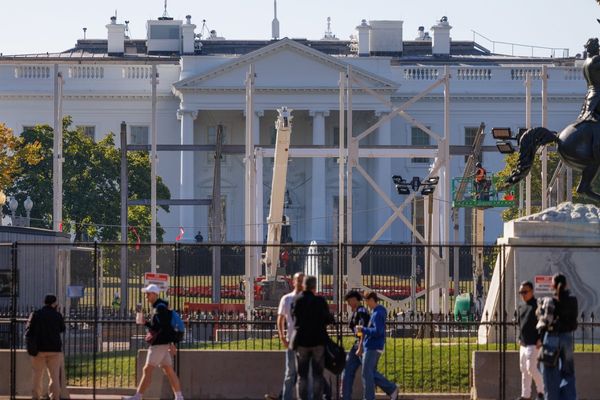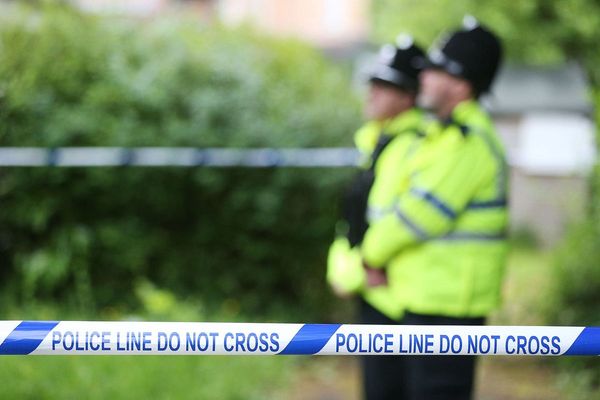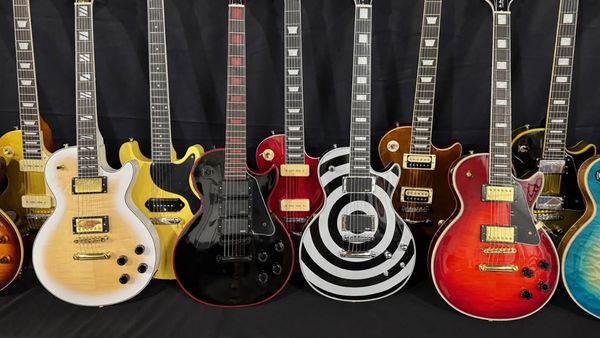WASHINGTON _ Republicans now have to navigate a razor slim Senate majority and a temperamental president as the battle to confirm President Donald Trump's latest Supreme Court nominee, Brett Kavanaugh, heads for confirmation hearings.
Republicans are aiming to seat a new justice before the November election, offering a point of pride to GOP senators facing tough elections.
Since Republicans control 51 of the Senate's 100 seats, Democrats have few options to prevent or even delay the confirmation. But they face intense pressure from outside groups to block the confirmation.
Democrats from states that Trump won in the 2016 election will be under particular scrutiny as they seek to court Trump voters, while not turning off Democrats.
Here's who to watch as the Senate battle unfolds:
Senate Majority Leader Mitch McConnell, R-Kentucky. McConnell, who has made it a priority to confirm Trump's judicial selections, stands to burnish his legacy as a savvy political leader by seeing that the president's choice is successfully seated.
McConnell earned Democrats' unending enmity in 2016 for blocking any consideration of Merrick Garland, President Barack Obama's pick for a court vacancy. McConnell calls his maneuver, which resulted in Trump appointing Neil Gorsuch to the vacancy soon after taking office, the "single most consequential decision I've ever made."
Democrats this time bitterly accused McConnell of hypocrisy by moving swiftly to hold hearings and a vote on Trump's selection. McConnell shot back, noting it's not a presidential election year. "To my knowledge, nobody on either side has ever suggested before yesterday that the Senate should only process Supreme Court nominations in odd-numbered years," McConnell said on the Senate floor.
A successful confirmation process could also help McConnell cement his relationship with Trump ahead of 2020 when they will both be up for re-election. McConnell could again face a primary challenge from Gov. Matt Bevin, who lost to the senator in 2014.
Sen. Kamala Harris, D-California. Although she's one of the newest members of the Senate Judiciary Committee, Harris promises to be one of the most-watched as the panel holds hearings on the nomination.
The former District Attorney has already proven herself to be a tough inquisitor, making waves with her questioning of Attorney General Jeff Sessions last year at an Intelligence Committee hearing.
Harris' status as a possible Democratic presidential contender in 2020 adds a political undercurrent to everything she does and a Supreme Court confirmation battle offers the first term senator her biggest national platform since coming to Washington in 2017.
The day after the vacancy was announced Harris joined a group of liberal advocates in front of the Supreme Court to say they'd oppose any Trump nominee.
"The president's list of potential nominees (that the White House released last year) are complete non-starters," Harris said. "They are conservative ideologues instead of mainstream jurists."
Harris' campaign committee has already sent out two emails encouraging supporters to sign a petition "telling Majority Leader Mitch McConnell we must not vote to fill this seat until Americans have voted at the ballot box" in November.
"I will not sit back," Harris wrote.
Sen. Claire McCaskill, D-Missouri. One of 10 Senate Democrats running for re-election in a state that Trump won in 2016, McCaskill will be pressured by both sides, including groups that support abortion rights and note that retiring Justice Anthony Kennedy was a bulwark against efforts to roll back the 1973 Roe v. Wade decision that established a woman's right to an abortion.
McCaskill's likely Republican opponent, Missouri Attorney General Josh Hawley, immediately seized on the news of the vacancy to make it clear that he intends to make the fight for the seat an issue. He's even challenged McCaskill to debate the vacancy and the court.
McCaskill voted against Gorsuch in 2017, but the vote this time will come closer to the election. McCaskill called it "premature" to discuss retiring Kennedy's replacement until one has been nominated.
Several other Democratic senators are likely to find themselves in similar circumstances, including Florida Sen. Bill Nelson, who voted against Gorsuch and said after Kennedy's retirement that the Senate should not vote until after the election to give voters "the opportunity to express their view."
McCaskill in a leaked audio before the Gorsuch vote warned Democratic donors that blocking Trump's Supreme Court nominee could have dire consequences.
Sen. Susan Collins, R-Maine. A moderate Republican, Collins, along with Sen. Lisa Murkowski, R-Alaska, have demonstrated a willingness to go against their party on occasion, and have been longtime defenders of abortion rights. But both voted for Gorsuch and have largely supported Trump's Cabinet selections. Kavanaugh is not considered as strongly opposed to Roe vs. Wade, which legalized abortion, as another potential nominee, Amy Coney Barrett.
Collins told reporters she believes Roe v. Wade is settled law: "It's clearly precedent and I always look for judges who respect precedent," Collins said.
And, she told CNN's "State of the Union" last week "I would not support a nominee who demonstrated hostility to Roe v. Wade, because that would mean to me that their judicial philosophy did not include a respect for established decisions, established law."
Murkowski in a statement said her "standards for Supreme Court nominees are extremely high. It is my longstanding practice to carefully scrutinize the qualifications of judicial nominees and to cast an independent vote when judicial nominations come before the Senate."
Sen. Joe Manchin, D-West Virginia. Up for re-election in a red-leaning state that Trump easily won in 2016, Manchin and two colleagues in similar straits: Joe Donnelly of Indiana and Heidi Heitkamp of North Dakota, all voted to confirm Trump's first Supreme Court nomination, so the pressure to do so again will be considerable.
Trump met with Manchin the day after Associate Justice Anthony Kennedy said he would retire, and Manchin then tweeted that he and the president had a "productive conversation." Trump has also met with Donnelly and Heitkamp since Kennedy announced he was leaving the court. Those four senators declined an invitation from Trump on Monday to attend the announcement of the nominee at the White House.
(Emily Cadei contributed to this report.)







